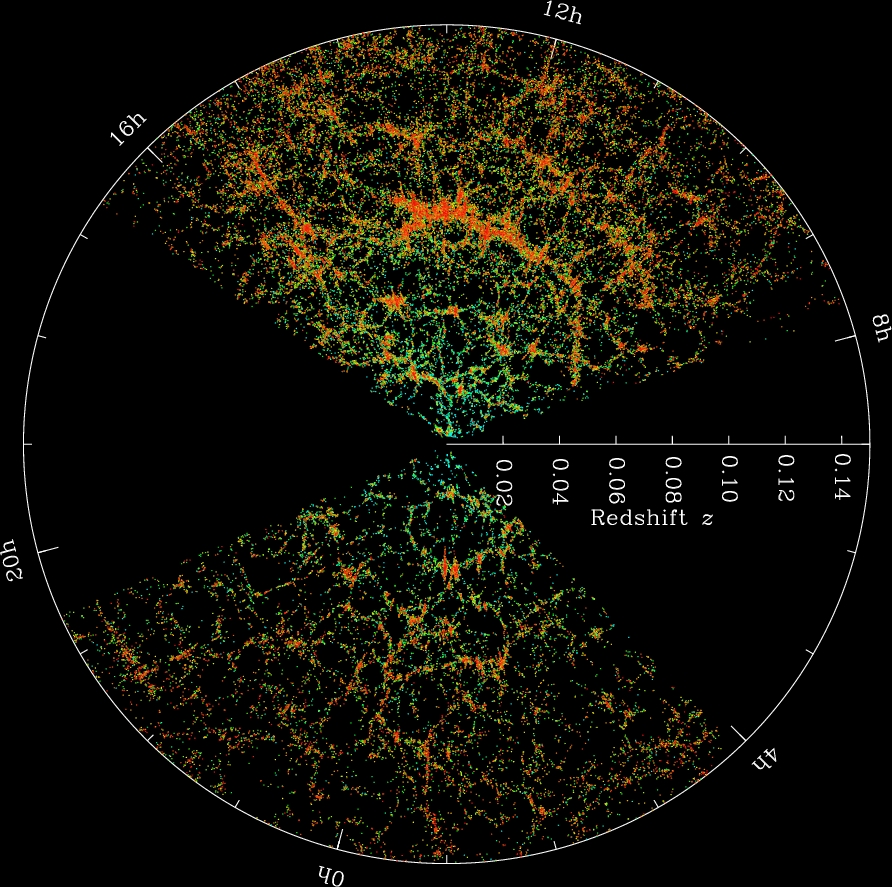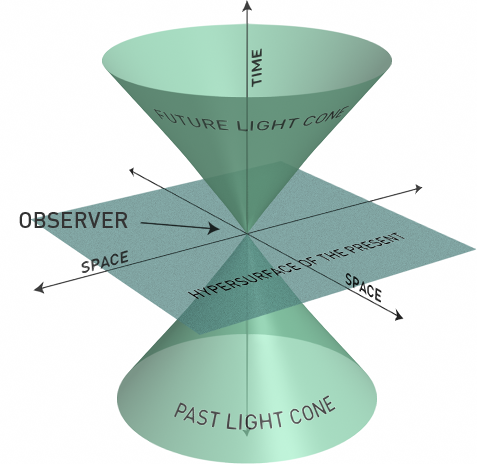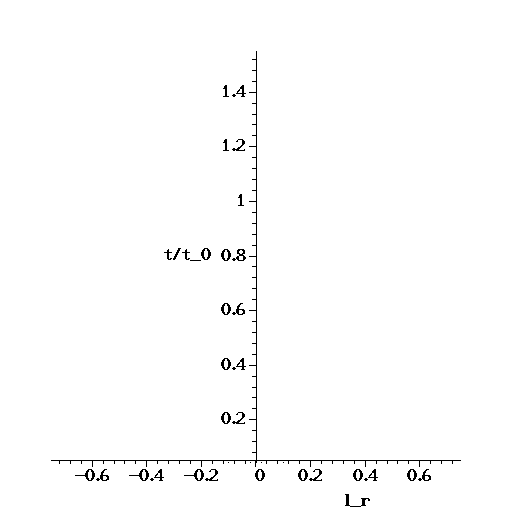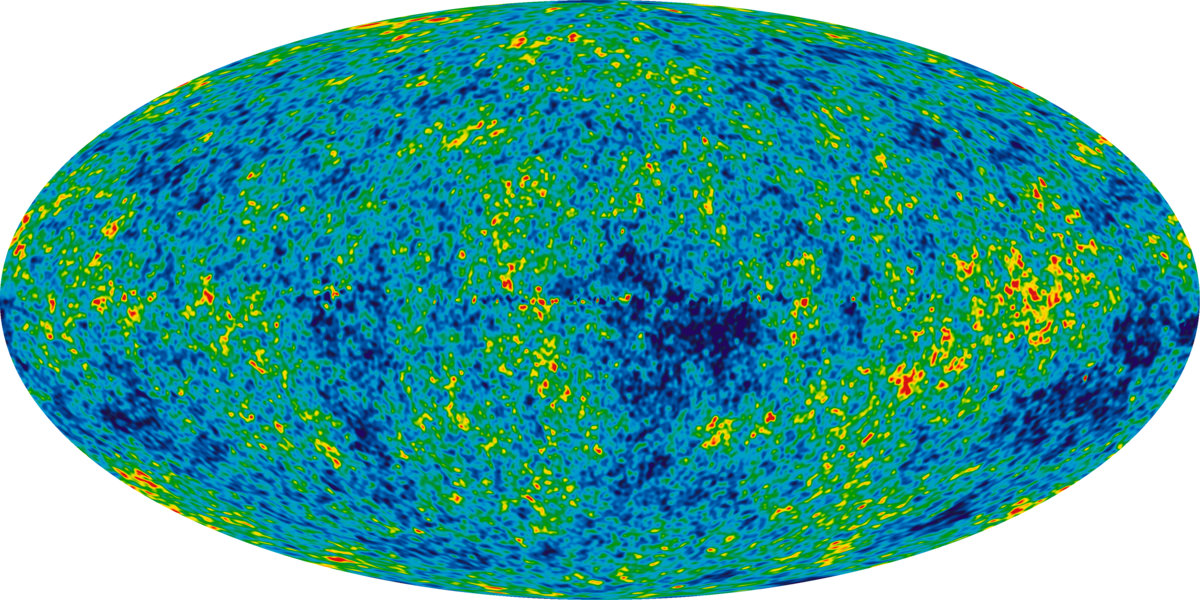DISTANCE
Anyone who says that distance (Space Time) is not a factor in all of these conversations (equations, paradoxes, arguments, etc...) is just woefully mistaken.
Introduction to general relativity - Wikipedia
Remember how I said that we are limited in our ability to even comprehend? Vision is a huge part of that problem. We can't even
see most of the Universe. It's physically blocked by the Milky Way.
See those black areas with nothing in them? We cannot see in that direction. If you cannot "see" something, then you cannot study it.
We also can't see what hasn't yet come visible to us...
Light cone - Wikipedia
You might forget this in all the righteous indignation, but radio waves and photons both travel at the speed of light. What's true of one is true of the other in these examples.
Lookback Time
On The Idea of Linear Evolution
From Cornell...
 http://pages.nbb.cornell.edu/neurobio/websterlab/10 Misunderstandings - SHORT.pdf
http://pages.nbb.cornell.edu/neurobio/websterlab/10 Misunderstandings - SHORT.pdf
(Please read articles 1, 6,7,9, & 10 at the very least)
On this planet, what's the longest tenured, and thus evolutionarily successful, species?
How advanced are they, in comparison to Homo Sapiens?
What does their Space program look like?
At this point, I'm not even sure you know why you're laughing.
The analogy is very simple.
- If I throw a football before you're born, you'll never know that I threw a football.
- If I throw a football after you're born, but before you know what a football is, you'll never know that I threw a football.
- If I throw a football after you're born, but your back is turned, you'll never know that I threw a football.
- If I throw a football and you're looking right at me, but for whatever reason you can't see the football, you'll never know that I threw a football.
- If I throw a football and you know what a football is, and you're even looking for a football, but you're running in a specific direction in the dark, you'll never know that I thew a football.
I could have thrown millions of footballs, and you'd wouldn't be privy to a single one of them...





